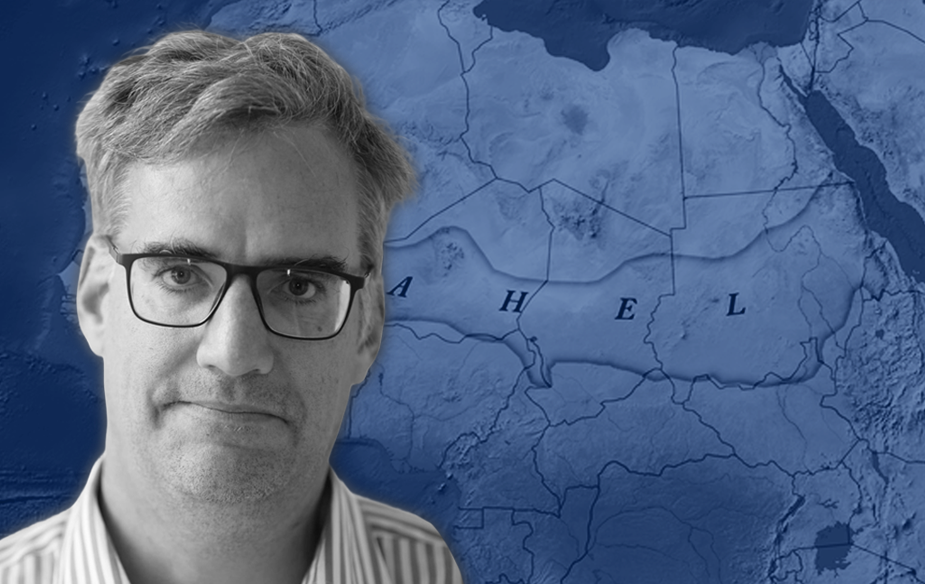Ghana, Africa’s top gold producer, is losing billions in annual revenue due to rampant smuggling from its artisanal mining sector, with the United Arab Emirates (UAE) emerging as the primary destination for undeclared gold, according to a damning new report by Swiss-based nonprofit Swissaid.
The report uncovered a 229 metric ton discrepancy—worth approximately $11.4 billion—between Ghana’s declared gold exports and the corresponding imports reported by its trade partners, mainly the UAE, over a five-year period. The findings spotlight a long-standing and costly loophole in Ghana’s gold trade governance.
“This is just the tip of the iceberg. Hand-carried gold does not have to be declared in Dubai … informal gold is mostly brought in on flights.”
Ulf Laessing, head of the Sahel programme at Germany’s Konrad Adenauer Foundation
Swissaid’s research showed that much of the smuggled gold first crosses Ghana’s porous borders into Togo, Burkina Faso, and Mali before eventually arriving in Dubai through informal and unregulated channels.
At the heart of the crisis was Ghana’s 2019 policy to impose a 3% withholding tax on artisanal gold exports, which Swissaid said inadvertently triggered a surge in smuggling.
Formal export declarations plummeted as traders opted for tax-free routes through neighboring countries.

In response, the government slashed the tax to 1.5% in 2022, leading to a modest recovery in declared exports.
The policy was completely scrapped in March 2024, with Finance Minister Dr. Cassiel Ato Forson crediting this reversal for a recent increase in official artisanal gold export volumes.
Yet, the impact of years of illicit trade lingers. According to Swissaid, approximately 34 metric tons of Ghana’s 2023 gold output—almost identical to the country’s officially declared artisanal production—were exported without declaration. This suggests that a parallel black-market economy continues to thrive despite recent reforms.
A senior official at Ghana’s Minerals Commission, speaking anonymously, said the findings of the Swissaid report reflect “a notorious fact” known within regulatory circles.
Despite the widespread acknowledgment of the issue, the Finance Ministry declined to comment, raising concerns about transparency and political will to fully address the problem.
Regional and Global Ramifications

Ghana’s experience is emblematic of a broader continental challenge. Countries across sub-Saharan Africa routinely report lower gold exports than what is documented by importers like the UAE, revealing massive illicit flows of wealth out of the continent.
While Dubai introduced reforms in recent years to curb illicit gold imports, analysts say enforcement remains weak.
“While the new government has shown some willingness to fix governance issues that have plagued the gold sector for years… its pace has been quite slow.”
Bright Simons, Vice President of policy think tank IMANI Africa
Simons noted that while political rhetoric has shifted under the new administration, concrete structural overhauls remain limited. “Without stronger institutional frameworks, the same loopholes will persist,” he warned.
The stakes extend beyond lost revenue. According to a May UN report, over 10 million people in sub-Saharan Africa rely on artisanal mining for their livelihoods. But the sector’s informality also makes it a fertile ground for organised crime, illicit financing, and conflict.

“In some parts of West Africa, gold smuggling funds armed insurgencies and undermines regional security.
“Ghana must act swiftly, not just for economic reasons, but to avoid becoming a security flashpoint.”
Ulf Laessing, head of the Sahel programme at Germany’s Konrad Adenauer Foundation
Ghana earned $11.6 billion from gold exports in 2024, underscoring the sector’s importance to national revenue. The government has taken steps to centralise gold trade, including licensing reforms, a national aggregation system for artisanal gold, and intensified anti-smuggling enforcement.
Yet experts say more robust action is required: improved border control, traceability technology, transparent pricing mechanisms, and bilateral cooperation with importing nations like the UAE.
READ ALSO: Cedi to Remain Stable Against Major Currencies- Finance Minister Assures Ghanaians




















